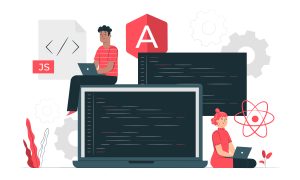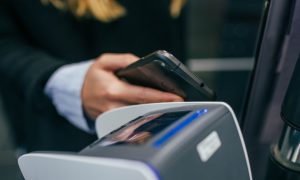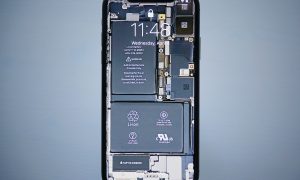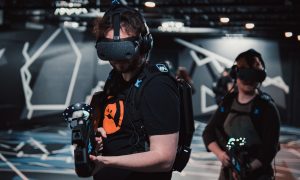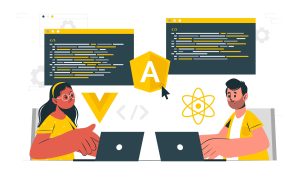Tech Giant Apple Advances the Frontiers of Accessibility with Its Groundbreaking Voice-Learning AI
In an ambitious move to strengthen its commitment to accessibility, Apple Inc. today revealed its latest AI marvel, a voice-learning technology with a promise to dramatically improve the lives of users with speech and language impairments.
Dubbed “SpeakEasy”, this breakthrough tool employs an advanced blend of machine learning and AI algorithms to interpret and adapt to a user’s unique speech patterns, creating more inclusive technology for individuals with speech and language disabilities. Apple aims to redefine human-AI interaction by making communication tools more responsive and tailored to the individual user’s needs.
The voice-learning AI understands and learns from its user’s vocal quirks, pronunciation deviations, and speech rhythm. Over time, it builds a unique profile for each user, which helps improve the system’s understanding of the speaker’s intentions and speech nuances. It offers a tailored interaction, something not seen before in current voice assistant technology.
SpeakEasy goes beyond the realm of daily digital interactions. It holds promising potential for individuals who use augmentative and alternative communication (AAC) devices. By learning and adapting to the user’s speech pattern, SpeakEasy can bring more natural, fluid communication to those who rely on these devices, reducing the everyday communication barriers they face.
Apple’s Director of Accessibility, Sarah Herrlinger, discussed the far-reaching implications of the new AI technology. “Our ultimate aim has always been to make technology accessible for everyone, irrespective of their abilities or disabilities. SpeakEasy is a testament to this vision, an effort to enable those who’ve been largely overlooked by the technology of voice recognition,” she explained.
The tech community is already buzzing with reactions to this announcement. Dr. James Corden, a prominent AI expert, praised Apple’s endeavor. “The SpeakEasy AI is a significant advancement in assistive technology,” he said. “Apple’s commitment to inclusivity is redefining the potential of voice-learning technology and can significantly alter how we view and design AI tools in the future.”
In terms of privacy, Apple has assured users that the voice data used by SpeakEasy is stored securely and privately on each user’s device. It leverages on-device processing to perform its AI tasks, ensuring that users’ private voice data doesn’t leave their devices.
With SpeakEasy, Apple is taking another meaningful stride towards technology that’s built to include everyone. As the tech giant continuously leverages AI to enhance the lives of its users, it’s clear that Apple’s ethos of ‘Technology for everyone’ isn’t just a tagline—it’s a promise.








